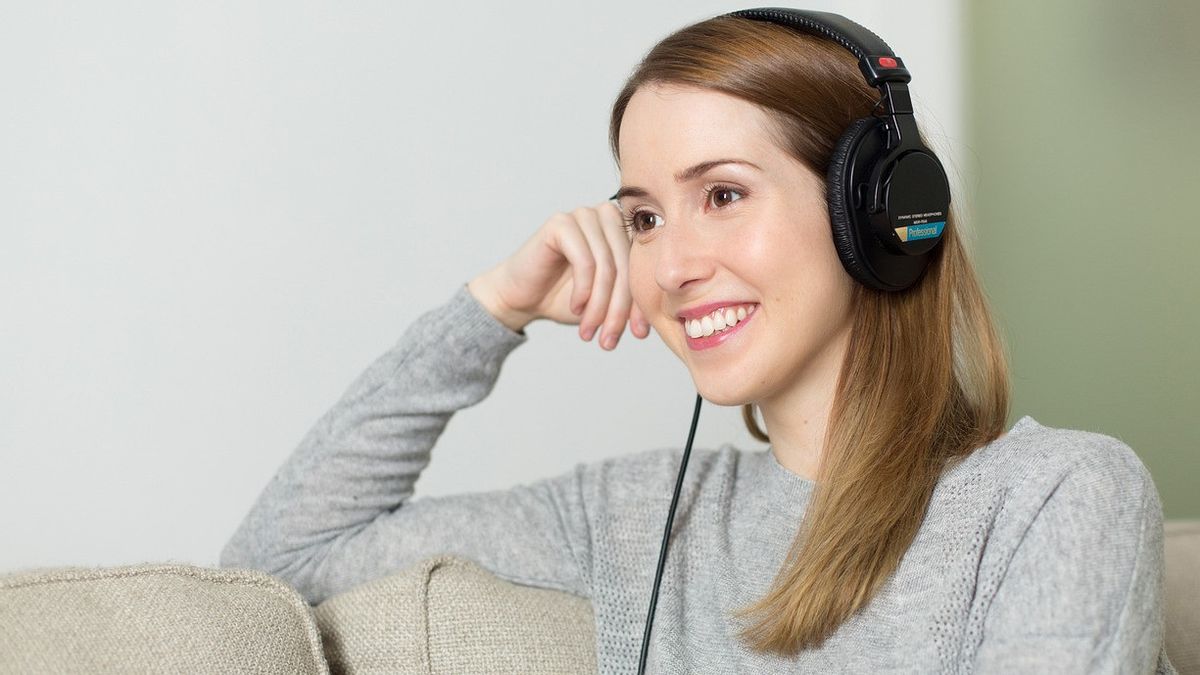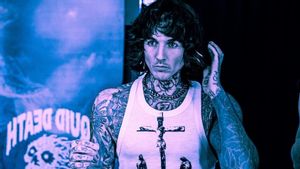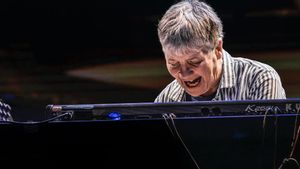JAKARTA - Music is known to have its use for therapy. Even some universities, especially in Europe and the United States, have learned of one of the musical uses. The practice of music therapy has also been widely encountered there.
Several Indonesian musicians also try to explore with therapeutic music, one of which is the former keyboardist of Slank, Indra Qadarsih alias Indra Q.
On many occasions, Indra Q - who once made music called oxytron metafact music - said his work was able to help cure various diseases.
Not only Indra Q, several musicians also upload a lot of works that they call therapeutic music to digital music platforms and YouTube.
Responding to this, Kezia Karnila Putri S.Sn., MMT, MMA, MT-BC said, what the musicians were doing could not simply be called music therapy practices.
As an academic and music therapist, Kezia mentioned the existence of a code of ethics in therapy. The reason is, music also has the potential to be counterindication for patients.
"If a music therapist who is really educated, must be familiar with the code of ethics of practice. One of the code of ethics is to prevent harm to clients in any form," said Kezia Karnila Putri via text message to VOI, Wednesday, December 20.
"Sometimes music interventions also have the potential to be counterindication or danger to clients or patients. Which means there is no 'definite' intervention that applies to everyone and all cases," he added.
Kezia admitted that she did not know how Indra Q's music worked for healing. However, he also warned of potential dangers in practicing music therapy.
"Well, I don't know whether Mas Indra's method involves one on one assessment with a client candidate or not. If so, it would be good," said Kezia.
"My principle is simple, if a client or patient feels positive benefits, is that good? But if the practice is based on arrogance (aka feels able to cure all diseases), this is a problem," he continued.
SEE ALSO:
"Well, it's bad, sometimes 'therapists' are also not aware of this arrogance. They know they have good intentions because they intend to heal, but are not aware of the dangers behind it," he added.
Kezia also hopes that there will be scientific research on musical works that are said to be able to cure people from various diseases.
"And because I am also from an academic, it's simple. If he has a hypothesis that his intervention can be useful, it can be proven through structured and systemic scientific research," said Kezia Karnila Putri.
The English, Chinese, Japanese, Arabic, and French versions are automatically generated by the AI. So there may still be inaccuracies in translating, please always see Indonesian as our main language. (system supported by DigitalSiber.id)















